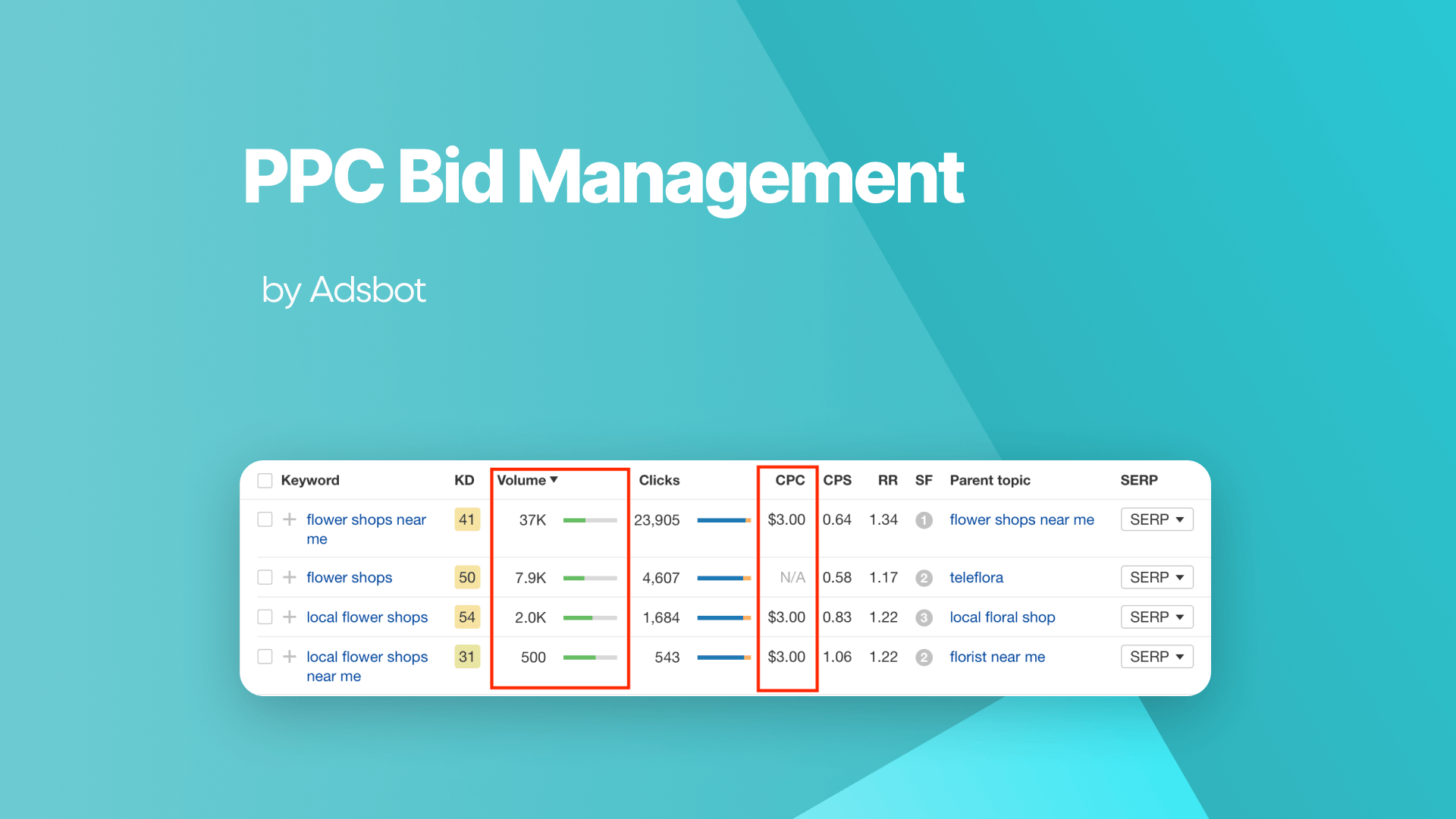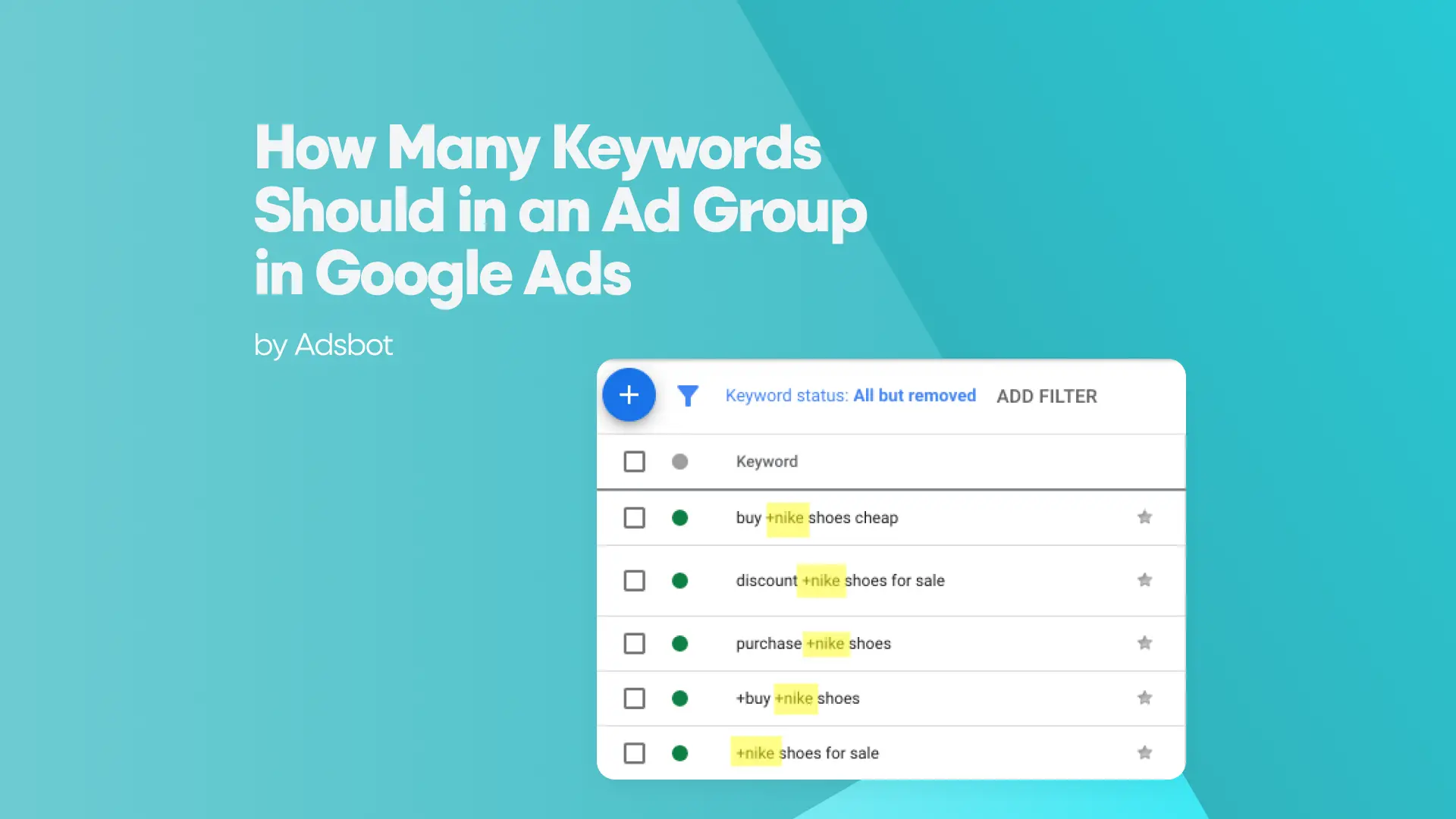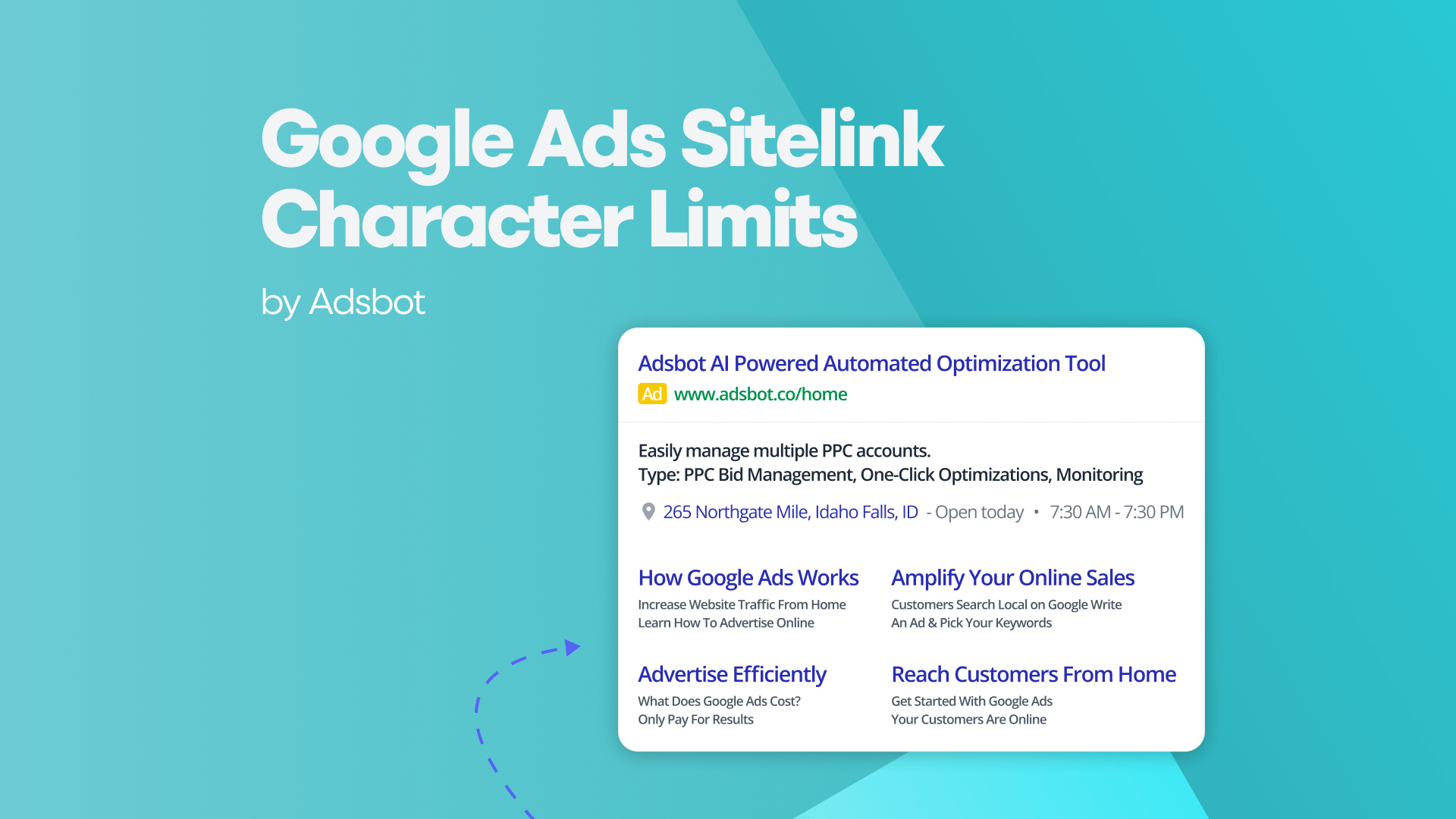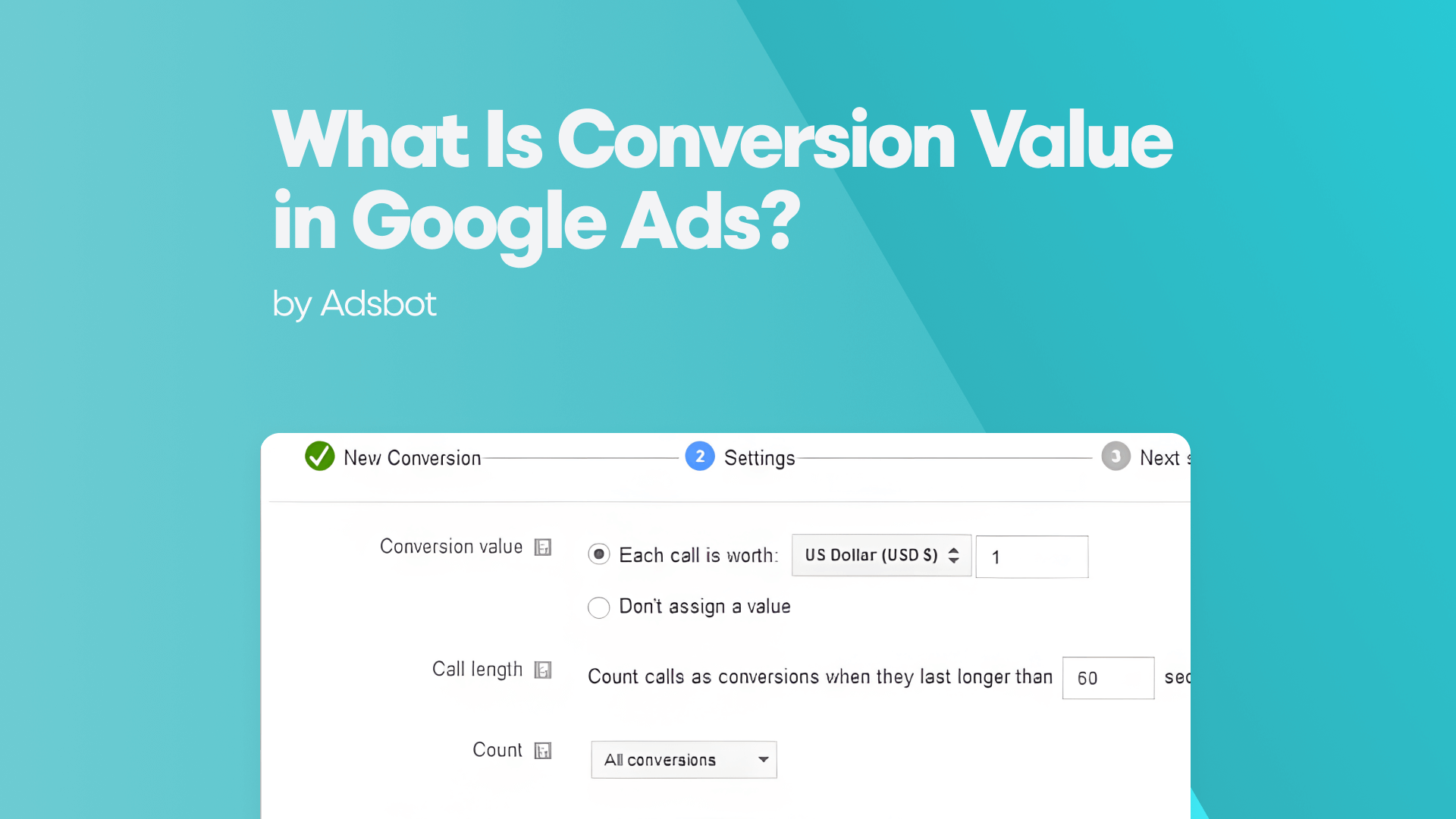In the rapidly evolving landscape of digital advertising, Pay-Per-Click (PPC) campaigns hold a prominent position as a go-to strategy for businesses seeking to bolster their online presence and drive conversions. Within the realm of PPC lies a crucial element that often spells the difference between success and failure: bid management. Skillful management of PPC bids is paramount for optimizing ad spend, maximizing return on investment (ROI), and achieving campaign objectives. In this comprehensive guide, we’ll delve into the complexities of PPC bid management, exploring its significance, strategies, and best practices for success.
Understanding PPC Bid Management
PPC bid management stands as the cornerstone of every flourishing pay-per-click advertising endeavor. It involves the strategic adjustment of bids for keywords or ad placements, with the ultimate goal of attaining desired outcomes such as amplifying clicks, conversions, or revenue while keeping costs in check. At its essence, bid management revolves around delicately fine-tuning bidding strategies to strike a delicate balance between competitiveness and efficiency, ultimately yielding optimal results for advertisers.
In its simplest form, bids serve as the financial threshold that advertisers are willing to expend for each click on their ads. Effective bid management entails a nuanced grasp of various factors influencing bidding dynamics, encompassing aspects like keyword competitiveness, target audience behavior, and campaign objectives. By adeptly tweaking bids in response to evolving market conditions and performance metrics, advertisers can refine their bidding strategy to attain desired outcomes while adhering to budget constraints.
Why is PPC Bid Management Important?
The significance of PPC bid management cannot be overstated, owing to several compelling reasons:
- Cost Control: Skillful bid management empowers advertisers to govern their advertising expenditures by setting bids that align with their budgetary constraints and campaign goals. Through astute bid adjustments based on performance data and market trends, advertisers can optimize their ad spend and avert overspending on underperforming keywords or placements.
- Maximizing ROI: By optimizing bids to yield maximum return on investment, advertisers ensure that they extract the utmost value from their advertising budget. This entails identifying high-performing keywords and channeling more resources towards them, while curtailing expenditure on less fruitful keywords.
- Competitive Advantage: Bid management furnishes advertisers with a competitive edge by enabling them to outbid rivals for prime ad placements or target niche keywords with lower competition. By staying abreast of competitors’ bidding strategies, advertisers can augment their visibility and entice more clicks and conversions.
- Ad Positioning: Bids wield a direct influence on ad positioning on search engine results pages (SERPs) or other advertising platforms. Strategic bid management empowers advertisers to secure optimal ad positions that amplify visibility and click-through rates, driving more traffic to their websites.
Strategies for Effective PPC Bid Management
Achieving success in PPC bid management necessitates a multifaceted approach, blending data analysis, strategic foresight, and continuous optimization efforts. Here are some strategies to aid advertisers in adeptly managing their PPC bids:
- Keyword-Level Bidding Analysis: Conduct meticulous analysis of keyword-level bidding to discern the performance of each keyword in your PPC campaigns. Identify high-performing keywords that drive valuable traffic and conversions, and allocate more budget towards them. Conversely, identify underperforming keywords and consider lowering bids or pausing them altogether. Continuous monitoring and optimization of keyword bids are indispensable for maximizing ROI.
- Utilize Automated Bidding Strategies: Harness the power of automated bidding strategies provided by PPC platforms, such as Google Ads’ Target CPA (Cost-Per-Acquisition) or Target ROAS (Return on Ad Spend) bidding. These automated strategies leverage machine learning algorithms to adjust bids in real-time based on historical performance data and predicted outcomes. By setting target CPA or ROAS goals, advertisers can optimize bids to achieve their desired cost and revenue objectives with minimal manual intervention.
- Strategic Bid Adjustments: Implement strategic bid adjustments to fine-tune your bidding strategy based on various targeting criteria. Tailor bids for factors like device type, location, time of day, or audience demographics to align with specific performance goals and target segments more effectively.
- Optimize Ad Scheduling: Analyze performance data to pinpoint peak times of day or days of the week when your target audience is most active or when conversion rates peak. Utilize ad scheduling features to adjust bids accordingly, allocating more budget during these high-conversion periods to maximize ROI and enhance visibility and engagement.
- Monitor Competitor Bidding Strategies: Stay vigilant of competitors’ bidding activities and adjust your bids accordingly to maintain or gain a competitive advantage in the auction. Regularly monitor auction insights and competitor metrics to stay informed about shifts in the bidding landscape and fine-tune your strategy accordingly.
- Continuous Optimization and Testing: Cultivate a culture of continuous optimization and testing to refine your bidding strategy over time. Regularly review performance metrics such as click-through rates, conversion rates, and cost-per-acquisition, and make data-driven bid adjustments based on insights gleaned. Experiment with different bidding strategies, ad creatives, and targeting criteria to identify optimal approaches for your campaigns and adapt as needed.
In conclusion, PPC bid management is not merely a tactical aspect but a strategic imperative in the realm of digital advertising. It serves as the linchpin that binds together various elements of a successful PPC campaign, offering advertisers the means to navigate the complexities of the advertising landscape with finesse and precision. Through adept bid management, advertisers can wield control over costs, maximize returns, outmaneuver competitors, and secure coveted ad positions that elevate their brand visibility and drive meaningful engagement.
The multifaceted strategies outlined in this guide underscore the dynamic nature of bid management, emphasizing the importance of continuous optimization, data-driven decision-making, and strategic foresight. By leveraging keyword-level insights, automated bidding technologies, and meticulous bid adjustments, advertisers can fine-tune their bidding strategy to align with evolving market dynamics and campaign objectives. Additionally, by monitoring competitor activities, optimizing ad scheduling, and fostering a culture of experimentation, advertisers can stay ahead of the curve and unlock new avenues of growth and success in the fiercely competitive digital landscape.
Ultimately, mastery of PPC bid management requires a blend of art and science, intuition and analysis. It demands a keen understanding of market dynamics, consumer behavior, and advertising trends, coupled with a willingness to adapt, innovate, and iterate. By embracing the principles of effective bid management and integrating them into their PPC campaigns, advertisers can unlock the full potential of their advertising investments, driving sustainable growth, and fostering lasting success in the ever-evolving world of digital advertising.
Popular Posts
-
How Many Keywords Should Be In an Ad Group in Google Ads?
Ever wondered if your Google Ads campaigns are packed with…
Read more -
Google Ads Script for Dummies: An Introduction
Imagine you have an e-commerce website that sells licensed superhero…
Read more -
Google Ads Sitelink Character Limits
Your Google Ads are cutting off in the middle of…
Read more -
What Is Conversion Value in Google Ads?
What if you could put a price tag on every…
Read more
Register for our Free 14-day Trial now!
No credit card required, cancel anytime.





